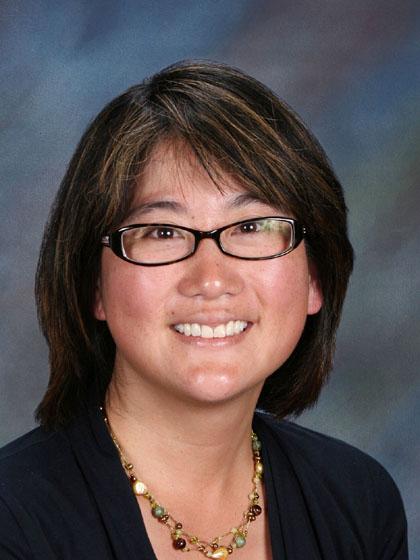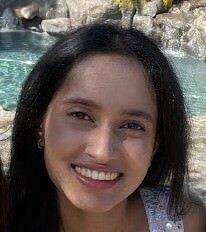Tragedy befell chemistry teacher Kathy Nakamatsu in 2002 when her then-husband Jayson Chang fell victim to multiple myeloma, a cancer of the plasma cells. She remained by his side during his final days, but eventually he passed away later that year.
Suddenly estranged and emotionally calloused by this traumatic turn of events, Nakamatsu sought mediums by which to cope with her deep loss. One of these methods she found particularly therapeutic: the solace of writing.
Nakamatsu had always been an avid writer, an amateur author of fictional short stories. In fact, prior to her husband’s bout with cancer, Nakamatsu habitually wrote murder mysteries solely for her own enjoyment, never once publishing her light-hearted tales of time travel or mystery-solving dogs.
Now, having lived through an event many would never dream of confronting, the chemistry teacher is breaking out of her backroom-closet fictional mentality and taking steps to convey her own life experiences in print, in the form of a memoir.
“With this particular piece that I’m working on, the memoir, it’s actually very cathartic,” she said. “My husband’s death was very traumatic and a difficult time in my life, so to write about it has helped me heal.”
Despite her relative inexperience with the autobiographical genre, Nakamatsu feels determined to improve, enrolling in a weekly writing course at Stanford University this year and attending various other writing circles over the past few years. She has found that collaborating with other writers has been instrumental in her own emotional transformation as a writer.
“I actually wrote about what happened to my husband in the version of a short story, using my life experiences to write fiction,” she said. “And everyone in my writing group that read it said, ‘This isn’t working. You need to tell your story as your story, not part of some made up story.”
Nakamatsu has been working on her memoir ever since, and an excerpt of it will be published in the “Fallen Leaf Anthology,” a collection of short stories that “speaks boldly of life.”
Nakamatsu submitted her memoir, along with another short story, for publication via The Write Retreat at Stanford Sierra Camp, one of the writing seminars she attended over the past few years. The anthology, which is expected to be out soon is advertised as 40 works of fiction, nonfiction and poetry that range from humorous anecdotes of childhood to endearing tales of final days.
“It was kind of a contest,” she said. “They selected several short stories and both of mine were accepted.”
With two to three chapters already written and 12 more chapters outlined, Nakamatsu feels confident that she will eventually send it to a publishing agent. Nakamatsu hopes that sharing her past accounts with the public will “help someone who has lost a loved one.”
“When my husband died, it was a really sad time for me,” Nakamatsu said. “I almost wished I had something like this to turn to and tell me it was going to be all right.”
Now happily remarried, Nakamatsu has successfully taken her life-long passion for writing and shifted it to a medium of solace. What began as an introverted hobby serving as “an outlet for an active imagination” has become a vital channel of emotional healing.
“Now that I’ve started going, I don’t know how much longer it will take to finish,” she said. “But yes, the hope is to be a book.”



























